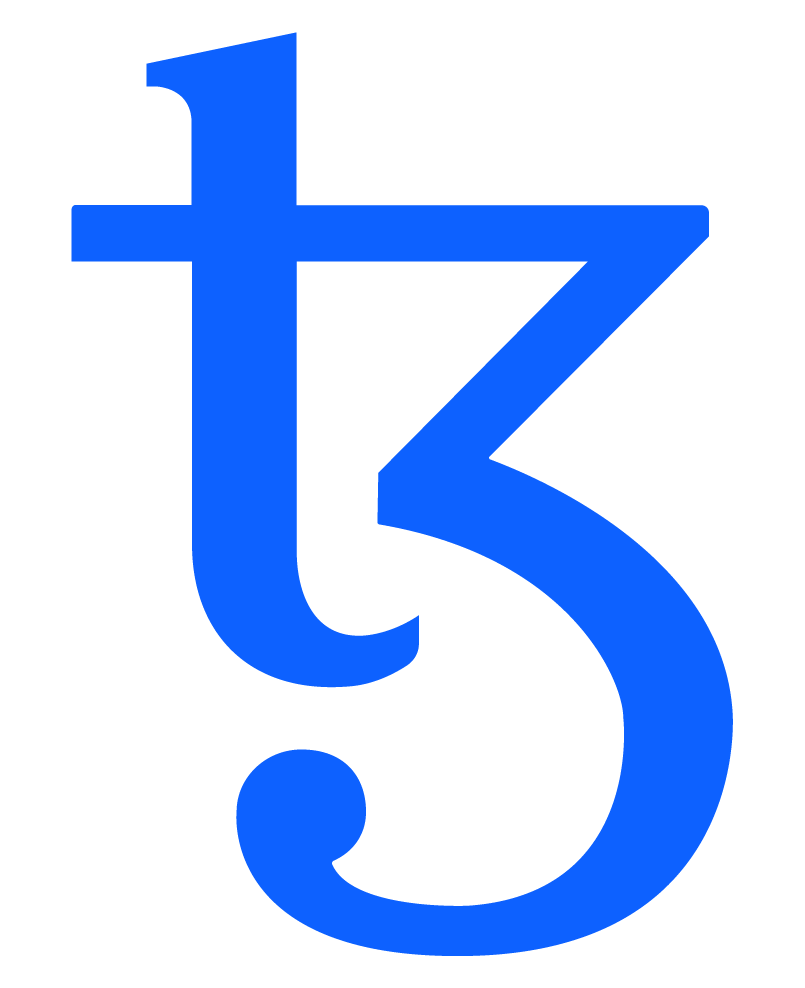This is a joint post from Nomadic Labs, TriliTech, & Functori.
We are pleased to announce the Quebec protocol proposal. As usual, the protocol proposal’s true name is its hash: PsQuebecnLByd3JwTiGadoG4nGWi3HYiLXUjkibeFV8dCFeVMUg
This protocol proposal includes all features of the Quebec B proposal plus one addition: raising the allowed maximum for “limit of staking over baking”, which enables bakers to accept external stake amounting to 9 times their own, instead of currently 5 times.
Quebec hence includes:
- 8 second block time: The current 10 second block time on Tezos layer 1 has proven to be stable and safe. Quebec reduces minimal block time by a further 2 seconds, meaning a layer 1 finality of just 16 seconds. It improves the overall user experience and brings Tezos one step closer to the low-latency future.
- Adaptive maximum issuance: Quebec modifies Adaptive Issuance to prevent excessive tez issuance when the staked ratio is below (but close enough to) the target.
- Reduction of the relative weight of delegated funds: Quebec changes the computation of baking power for delegated funds. Their weight is reduced from 50% to 33% of their nominal value.
- Amended computation of delegation rights: Quebec amends the mechanism to compute a baker’s minimal delegated balance in a cycle, addressing an unexpected dilution of delegated rights as well as UX frictions for bakers and delegators.
- 9x limit for external stake: Quebec raises the limit of how much external stake a baker can attract from 5 times their own stake to 9 times. This change, which has been frequently brought up in recent ecosystem discussions , contributes towards increasing the staked ratio and also empowers bakers which have early-adopted the new staking mechanism to attract further external stake.
A new release candidate of Octez, v21.0~rc4, including the Quebec proposal, will be published in the coming days. For deeper explanations of the first four features, see the sections on Quebec B in the previous announcement post.
A complete list of changes is provided in Quebec’s Changelog . In the following, we explain in depth the added change.
9x limit for external stake
In the Paris protocol, bakers are able to accept up to 5 times their own stake from external stakers.
Keeping a limit on the external stake ratio reduces centralization risks, by preventing the concentration of stake with a few large bakers. It also prevents scenarios where a baker could intentionally engage in slashable behavior, denounce the behavior themself, and come out with a net profit at the expense of the baker’s external stakers.
The ratio limit of 5 is a conservative initial choice, intended to allow time for observing staking behavior and further tweaking the mechanism.
Based on network observations, further analysis of the impact of adaptive slashing, and an adjustment of denunciation rewards, we are confident that it is safe and beneficial for the network to raise the external stake ratio limit from 5 to 9. In other words, Quebec would enable bakers to accept up to 9x their own stake as external stake.
Denunciation rewards are simultaneously reduced from 1/7 to 1/11 of the slashed amount, which ensures that bakers cannot exploit a higher external staking ratio to receive denunciation rewards that exceed the baker’s own loss in a slashing event.
Raising this limit has been a frequently requested change by bakers and was already planned for an upcoming protocol “R” proposal. We are excitedto be able to include it already in the Quebec proposal.
Upvoting the Quebec proposal
Note that, until a version of Octez supporting Quebec is available, upvoting the proposal with current Octez versions requires using the --force option, which enables submitting and upvoting proposals that are not known to the Octez node:
octez-client submit proposals for <baker_alias> PsQuebecnLByd3JwTiGadoG4nGWi3HYiLXUjkibeFV8dCFeVMUg --force
